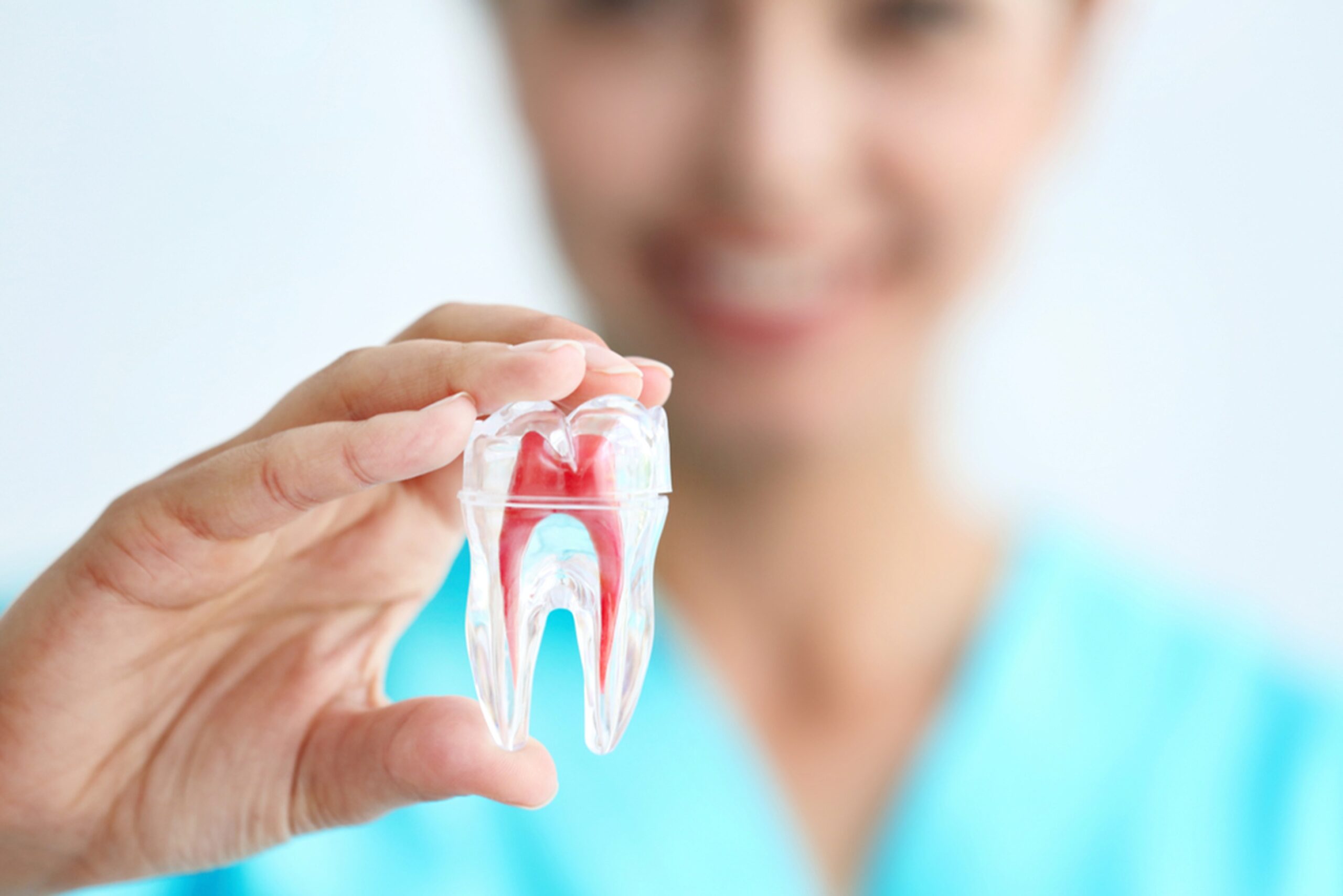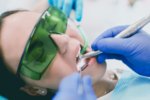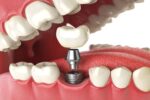Wisdom teeth typically erupt in late adolescence or even early adulthood. The final teeth to erupt after losing all of your baby teeth are your wisdom teeth, or rear molars. The majority of people get their wisdom teeth removed since leaving them in can cause issues. Some individuals do not need to have them removed, though, as they blend in nicely with the rest of the teeth. If you believe your wisdom teeth are erupting, you should schedule an appointment with the dentist in SW Calgary to discuss your options and the best course of action for extraction. What happens, though, if your wisdom teeth are not extracted? Where do they reside
Potential Risks of Not Removing Wisdom Teeth
Despite the fact that some patients report pain, issues related to wisdom teeth may first go undetected. They frequently grow silently and gradually, and by the time symptoms do appear, significant harm has already been done. Finding a dentist near you and having troublesome wisdom teeth removed as soon as possible will prevent the following complications from having an adverse effect on your oral or general health:
-
Crowding of Teeth
Many individuals have smaller mouths and jaws than ideal, making it challenging for the third molars to erupt properly. If these teeth do come up, there may be crowding. You’ll notice that your teeth start to move or overlap.
When wisdom teeth erupt after orthodontic treatment is finished, the teeth may shift and the treatment may be rendered ineffective.
-
Impacted Wisdom Teeth
Wisdom teeth that are impacted are imprisoned below the gum line. Impacted wisdom teeth can be excruciatingly painful and are often susceptible to infection and abscesses. The impaction may cause healthy teeth to resorb and deteriorate. Sometimes, if wisdom teeth are not adequately checked, they may grow parallel to the jawline. Additionally, they may move backward and eventually obstruct your jaw’s ability to open and close.
-
Tooth Decay and Gum Disease
Cleaning wisdom teeth is difficult enough due to their location, but when the tooth doesn’t erupt properly, cleaning them becomes even more difficult.
To ensure that food debris and bacteria are cleared from the area, more care must be taken when brushing and flossing around the wisdom teeth. Dentists often choose wisdom tooth extractions in SW Calgary for teeth that have suffered extensive decay because doing so is frequently less expensive than other treatments and, more importantly, because doing so ensures that no additional problems will arise in the future.
-
Infections
If tooth decay is left untreated, an infection will almost certainly occur after a tooth has been seriously compromised by decay to the point that the pulp chamber’s contents are now open to saliva and oral germs.
Although a root canal procedure can be used to treat infected wisdom teeth, dentists typically advise against it because it can be expensive and the tooth may still experience future problems. The usual recommendation for such patients is extraction.
Contact Your Dentist
Call wisdom tooth extractions near you now to learn more about our family dentistry business in Georgia or to schedule an appointment. Our facilities are conveniently located and offer a range of hours to suit your needs
FAQ
1. How much does wisdom tooth extraction typically cost?
A) Budget between $200 and $700 per tooth for straightforward extractions of flared teeth, with $300 being the average. Expenses for extracting impacted teeth range from $250 to $1,100 per tooth, with an average of $350 to $550.
2. What are wisdom teeth, and why do they need to be extracted?
A) You’ll probably need to have your wisdom teeth extracted if it is impacted, or if it is causing you pain, an infection, or other dental issues. An oral surgeon or a dentist can remove a wisdom tooth.
3. How long does it take to recover from a wisdom tooth extraction?
A) The recovery period after having your wisdom tooth extracted can last up to two weeks. Your mouth and cheeks may be swollen during this period; this may be harsher for the first few days before progressively becoming better. Gently applying a cold towel to your face will help lessen the swelling.









